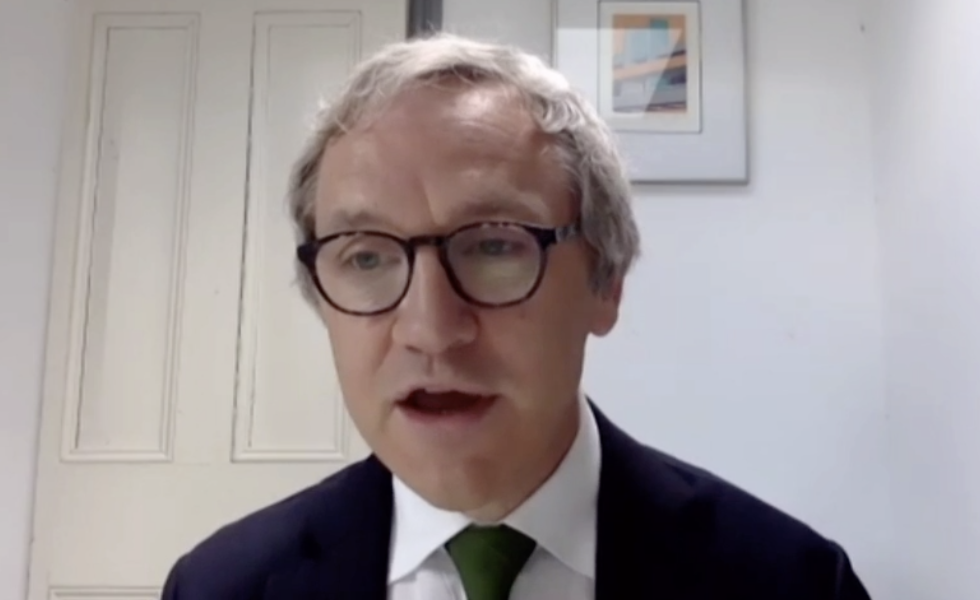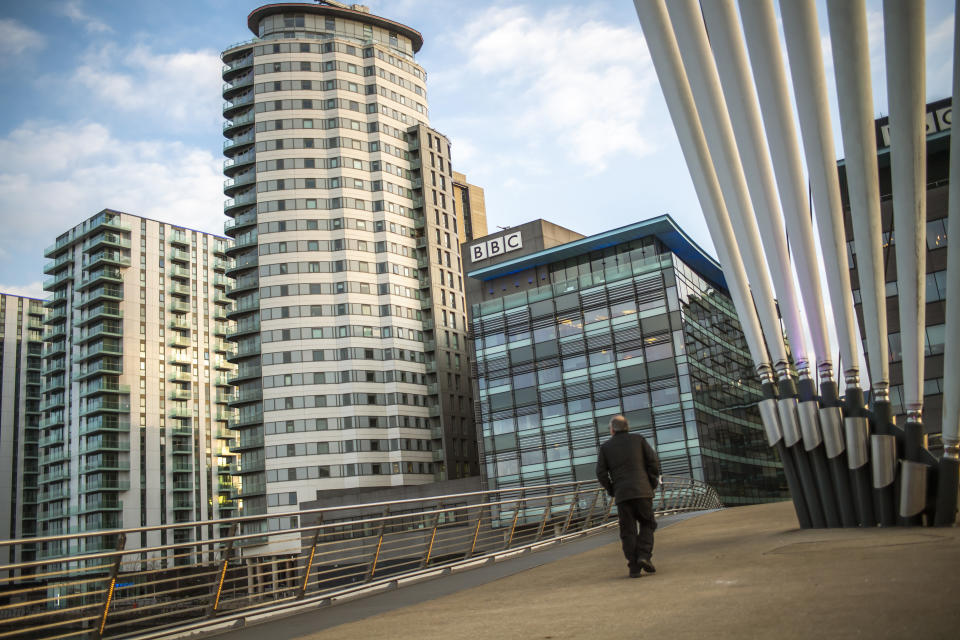BBC staff are not all 'north London Remainers', top exec insists

A top BBC executive has flatly denied accusations that the corporation has a “north London, metropolitan, pro-Remain” view of the world.
Appearing before MPs in the House of Commons, James Purnell insisted the BBC has a very “strong diversity of views”.
It comes amid continued government pushbacks against the corporation, which have included banning ministers from appearing on flagship current affairs shows such as Today and Newsnight.
Top presenters such as Emily Maitlis have also been the subject of complaints regarding supposed anti-government bias.
At the digital, culture, media and sport committee on Tuesday, Conservative MP Philip Davies told Purnell: “The BBC doesn’t have people with a range of views. They all seem to have a north London, metropolitan, pro-Remain view of the world.
“That’s largely the cultural problem within the BBC and therefore is a million miles away from people in Yorkshire and Norfolk and Lincolnshire.”
North London is stereotypically seen as a hotbed of liberal, anti-Brexit politics. Purnell, the corporation’s director of radio and education, told Davies: “I just don’t recognise your characterisation.”
He said: “We are making sure the BBC isn’t metropolitan in that way. When I worked here in the 1990s, we were overwhelmingly based in London.
“We now have more than half our team outside of London; we make programmes across the whole of the UK; we recently launched a Scotland channel; we have a fantastic world-beating drama department in Wales; we have local radio serving the whole country; regional news is our most popular programme on BBC One reaching eight or nine million people a week.
“I just don’t recognise your characterisation.”

He added: “This is a company or organisation for the whole UK. It is probably the most UK-wide organisation in this country and we take that very seriously.
“We have very strong diversity of views within the BBC.”
Amid ongoing rows over impartiality, the BBC is also facing a fight for its very existence.
The corporation can fall back on the £154.50 annual licence fee – which provides 75% of its revenue – until at least December 2027, when the current Royal Charter expires.
However, justification for the licence fee is being questioned like never before, including by Boris Johnson.
Earlier this year, his government announced a “consultation” on whether failure to pay the licence fee should be a criminal offence.
Speaking at Tuesday’s committee meeting, Clare Sumner, the BBC’s director of policy, said decriminalisation would cost it £200m a year.

 Yahoo News
Yahoo News 
